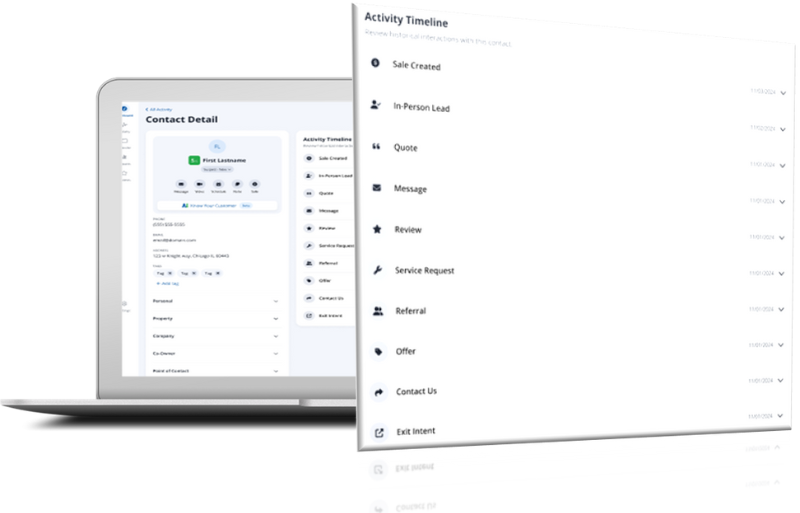If Your Marketing Sucks...
 You are great at what you do.
You are great at what you do.
Your customers love your service. Your employees commend your leadership. Your company is where it is today because of your choices and your initiatives. Thus far, you did a fine job. But you want more.
You need marketing.
A solid marketing strategy will establish your company's brand and build trust with new and returning customers. It will increase revenue and raise profits. But you already know that. The hard part is nailing the execution. But don't sweat it -- that's expected. You're a business owner, not a marketing guru. And one doesn't necessarily go with the other.
So, if your marketing does indeed suck, maybe...
...You're Not Researching.
Research is code for more work. And nobody wants that. But to market your business successfully, you need to put in your due diligence. Before going in any one direction, you must understand where people will look for your product or service:
The newspaper?
The ole tube?
You should then ask yourself which strategy is the most cost-effective? Which strategy has the most long-haul potential?
Research begins with asking the right questions. And not just to the polished, well-mannered salesperson who's pitching you ad space or an Internet marketing strategy. The more organic research you do the better chance you have of finding a solid, applicable marketing solution that makes sense for your business.
...Your Plan Lacks Specificity.
It's not enough to simply know what medium you will use to reach your potential customers. Understanding exactly what action you want your people to take after seeing your advertisement is also crucial to your success.
Do you want customers to call you or go to a specific landing page online? Do you want people to buy immediately or are you trying to develop a long-term relationship?
What specific outcome are you looking for? Make sure your plan reflects the answer to that question.
...You're Not Testing or Tracking.
Before the Internet, testing and tracking advertisements was difficult. Agencies used focus groups, promotional codes, questionnaires -- anything they could to get a better understanding of how people received their message.
The arrival of the Internet, however, brought with it far more convenient ways track and test ads. We still use all of the aforementioned methods; it's just easier now. We can even target people online based on their browsing history.
These days, there's no reason not to test your ads. Unless you're lazy (which you're not).
Whether it's a quote form on your website, an email signup page, or a pay per click advertisement on Google, testing the ad copy you're using to convert readers will help you craft a perfect message over time. And even the most minor change can make a profound difference in the response you get.
...You Quit.
My parents own a lovely travel agency. About six months ago, they spontaneously invested $100 in a Google AdWords campaign. Just to try it out. Thirty hours after the campaign launched, I received a call from my Dad. "Eddie. I think I just wasted a hundred bucks," he said.
"Rose didn't cover the spread?" was my off-the-cuff answer.
"Very funny," my Dad responded. "We're never doing that Adwords thing again." He was convinced it was a lost cause. A mistake.
I told them they were quitting too soon.
Their business -- which is largely service-oriented -- was actually very well suited for pay per click advertising (the model used by Google AdWords). I told them that the medium wasn't the problem. It was their hasty approach that set them back.
We worked together to create a sensible, realistic budget as well as landing pages that would drive consumers further down the sales funnel. We built a strategy around AdWords. We wrote some stellar copy. We got all our ducks in a row and then we pulled the trigger.
Today, my folks are seeing a 20% ROI from their pay per click campaign. Their success is a testament to the fact that quitting too early can be a dangerous (and costly) decision. Because an unrecognized opportunity can be just a detrimental as a failed chance.
What marketing lessons have you learned over the years?
Leave us a comment or question below!








